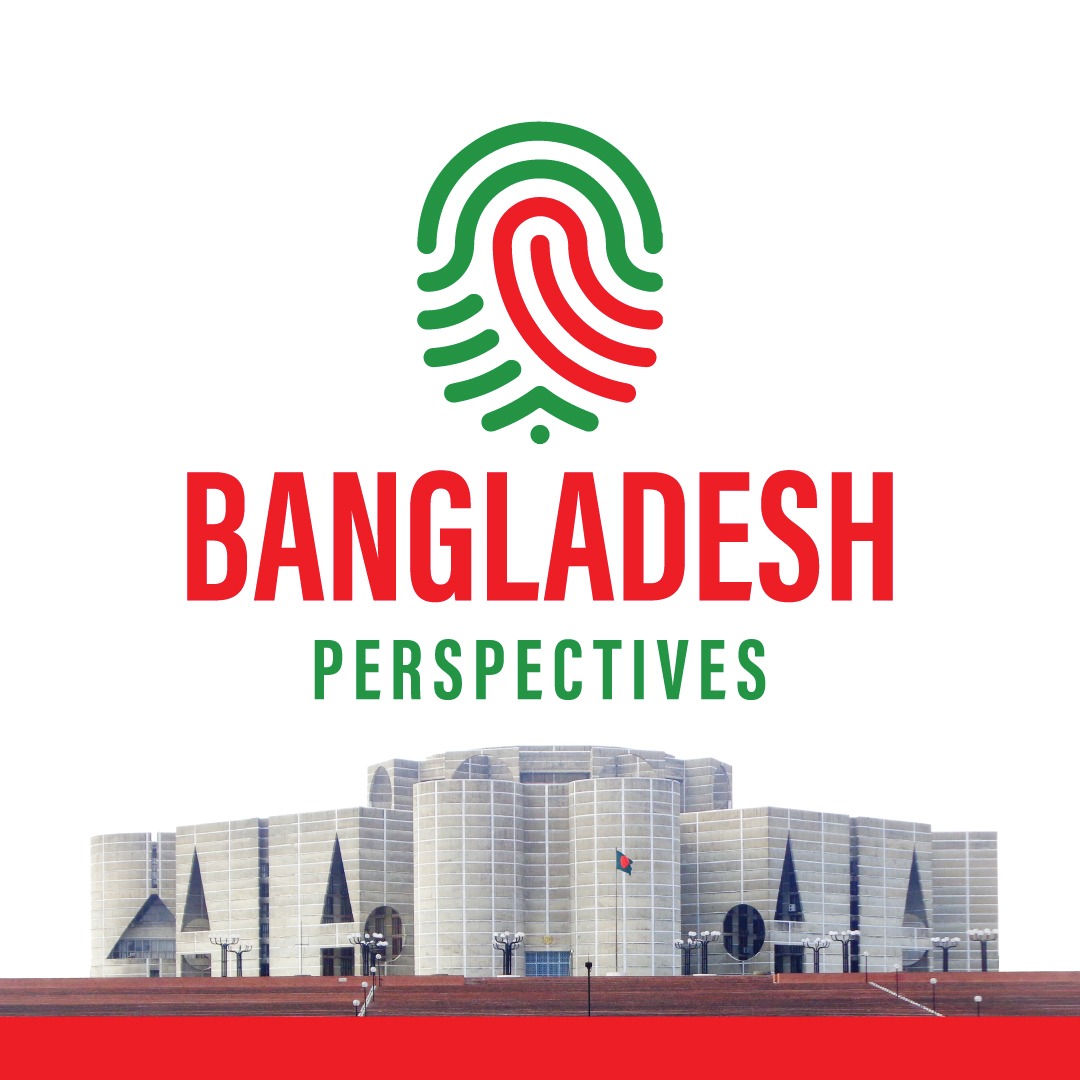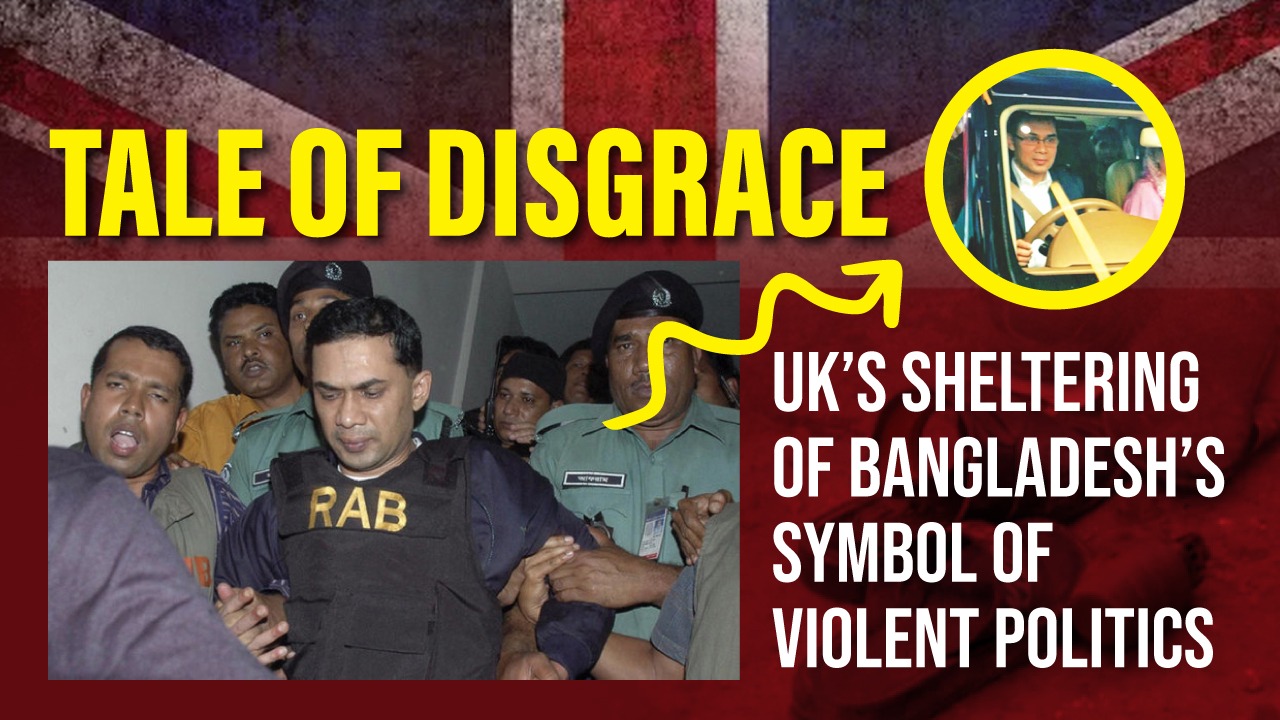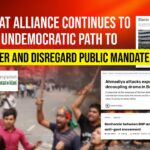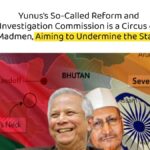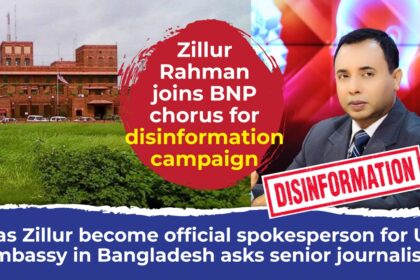The outcome of this election in Britain has triggered a wave of public discussion in Bangladesh’s political landscape for multiple reasons and brought the focus back on emergence of disinformation riddled narrative fueled by a handful supporters of BNP to hide the disgrace inflicted by the outfit’s acting chief Tarique Rahman, a convicted money launderer, still finding refuge in UK, to evade justice.
In contrast to the victory of four Bangladesh origin lawmakers that marked as bright spot for Bangladesh, over a decade of stay in London of Tarique Rahman, the asylum of fugitive acting chief of BNP, turns sour: a source of disgrace, humiliation and collective shame: both for Bangladeshis and the UK.
Why Tarique fled BD
According to followers of Tarique Rahman, London should keep allowing Tarique but what they ardently sought to hide is the true story that prompted Tarique to leave Bangladesh and fly to London, that further needs to be exposed.
According to historians, a son of country’s first military ruler Tarique Rahman, featured heavily on media reports, for his emergence as shadowy prime minister, when his mother ruled the country between 2001 and 2006. Now from London, Tarique has been running BNP as the acting chief while his party reportedly remained involved in inflicting violence on streets including firebombing vehicles and burning people alive.
Led by BNP Jamaat regime, Tarique built up an empire with a handpicked set of cabinet members who later turned out convicted for directly offering patronage to terrorists and militants. Minority rights activists say, the combine did responsible for orchestrating one of the largest pogrom against minorities that saw around 28000 incidents of attacks including killing rape assault and land grabbing.
https://bdnews24.com/bangladesh/tarique-among-many-big-fish-arrested2
Renowned investigative journalist and former producer for PBS’ investigative series, FRONTLINE, David Montero in his book “Kickback: Exposing the Global Corporate Bribery Network” wrote that the two sons of Khaleda Zia, Tarique Rahman and Arafat Rahman Koko, both operated a “shadow government” from an office building in Dhaka, an address “every Bangladeshi knew and feared.”
In the book, Montero discussed how the brothers were “godfathers of BNP” and “from their office, the Rahman brothers issued threats and extorted loyalty payments, and regularly took bribes from foreign companies in return for awarding public contracts worth millions. What they did with the money was more alarming.”
A 2008 cable from the then US ambassador in Bangladesh found Tarique “involved in a grisly assassination plot colluding with dreaded militants against Sheikh Hasina, that is known in Bangladesh as 21st August, 2004, when grenades were thrown at a peace rally organized by AL, leaving over 21 activists dead.
https://www.thedailystar.net/news-detail-201716
https://www.dhakatribune.com/bangladesh/312013/the-dark-prince-and-his-hawa-bhaban-symbol-of
According to Major General Gaganjit Singh, former deputy director general of India’s Defence Intelligence Agency, Tarique and his associates including then intelligence officials in Bangladesh held ties with the separatist group United Liberation Front of Asom (Ulfa) Commander-in-Chief Paresh Barua, turning the country into a safe haven for transnational terrorists and made Bangladesh a safe passage for smuggling arms and ammunitions.
The extent of Tarique’s corruption and long trail of his money laundering has been unearthed by FBI officials. Kevin Duggan of RCMP and former FBI Special Agent Debra Bragg (formerly Debra LaPrevotte Griffith) both gave testimonies and presented their findings of several years of investigation which unmasked the money trail involving Niko’s corruption in Bangladesh, received on behalf of Tarique.
https://www.thedailystar.net/news-detail-210437
In a testimony appearing before a Dhaka Court, Debra Laprevotte, admitted to have found out herself, a trail of money laundered by Tarique and his brother, from Bangladesh to Singapore.
A supervisory special agent of the FBI, Debra narrated before a Dhaka court how she had tracked down the money allegedly laundered by Tarique Rahman and Mamun to a bank account in Singapore.
So the list is long and not only country’s law enforcing agencies but also international agencies, let alone independent journalists found Tarique a corrupt and terror linked official who even funded militants.
Leading analysts like Bertil Lintner described Bangladesh as the Cocoon of Terror” and Elisa Griswold predict an Afghan style Islamist Revolution (‘A cocoon of terror’ by Bertil Lintner/Far Eastern Economic Review, Apr 4, 2002. ‘The Next Islamist Revolution?’ by Elisa Griswold/ The New York Times, Jan 23, 2005)
https://www.nytimes.com/2005/01/23/magazine/the-next-islamist-revolution.html
So forth and so on.
But as Tarique’s mother departed from power, national and international agencies continued to dig out the world of crimes indulged by Tarique and his cronies.
As the call for justice grew aloud against Tarique, he was taken into custody and began the trial process. Meanwhile evidences kept piling up against his crimes.
On the other hand, as elections were approaching his mother insisted on unconditional release of her son, similar to begging for the impunity for her son. As a bargain chip, Begum Zia, placed a conditional proposal for the government responsible to hold the elections in 2008. Keen to ensure participation of BNP, that particular caretaker government, that enjoyed support from the international players, backed down and released Tarique. Soon after his release, Tarique fled the country as secured asylum from London.
According to media reports, before leaving the country, Tarique gave consent to stay away from politics. Since then began his impunity to roam scot free on the streets of London, a mockery with justice.
But for Tarique the approval from UK to allow him stay has been equated to impunity for murder and terror sympathizer. Though the government from Bangladesh even publicly announced for extradition of Tarique, reportedly efforts were stonewalled by UK government. And every time Tarique supporters came up with a single alibi that ‘Asylum seekers should be allowed to stay in UK as Bangladesh is not safe”.
But at the crux of this clamour to project Bangladesh as unsafe one lies the effort to block any extradition efforts of Tarique, according to historians.
Latest can be found production of a similar scare narrative in an offshore portal, led by an editor self-exiled activist Tasneem Khalil who earlier received drawbacks from rights activists for making an attempt to hide one of the worst pogroms against minorities.
Despite his stay in London, the elevation of Tarique in BNP and the outfit’s repeated involvement in violence further drew condemnation from all quarters.
But citing health grounds, Tarique was granted bail and investigations rather international investigations, in the Tk-20.41-crore money-laundering case filed against BNP chief Khaleda Zia’s son Tarique Rahman and his business partner Giasuddin Al Mamun.
